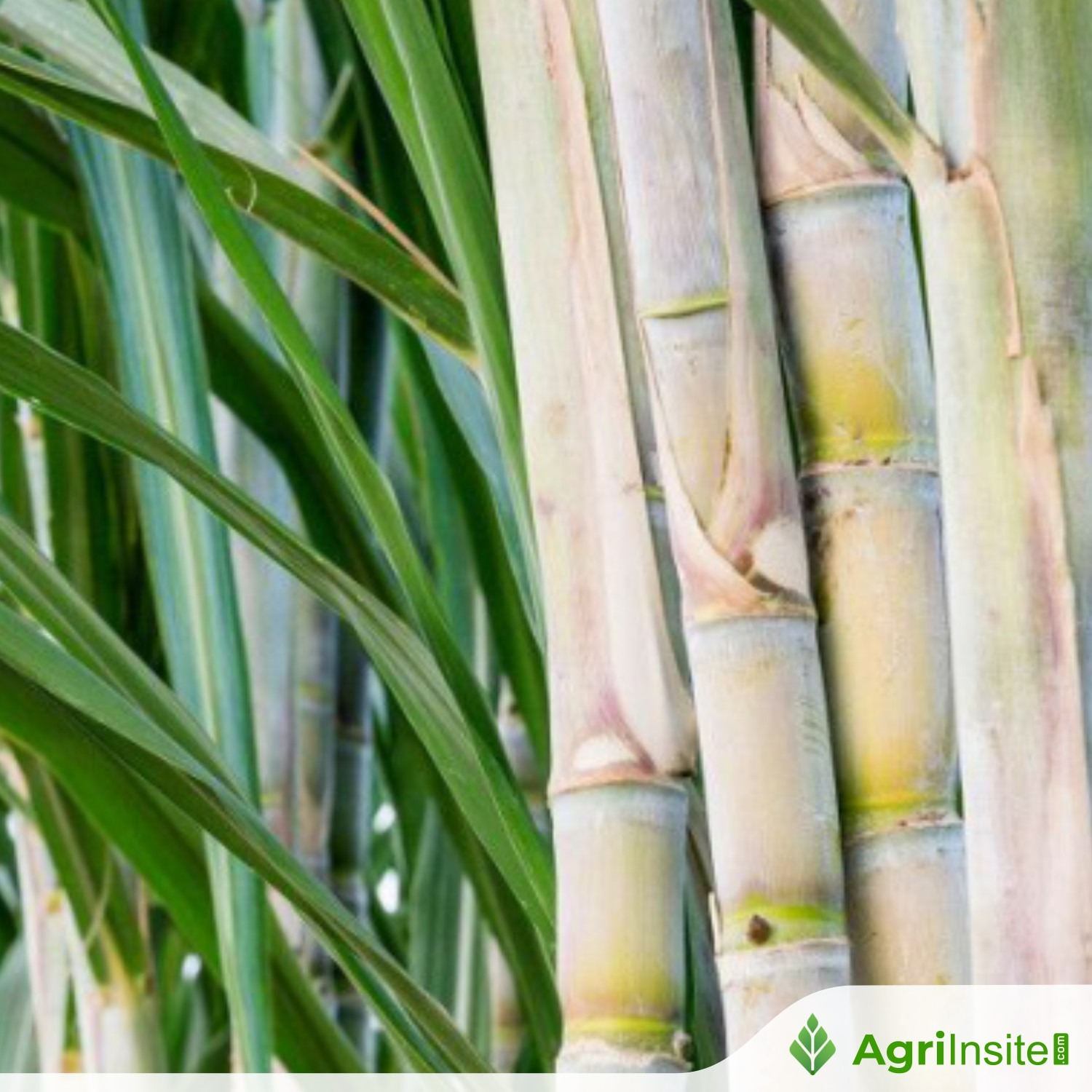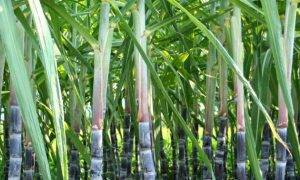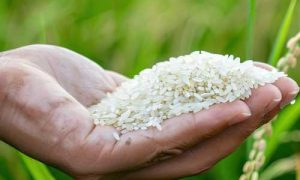Mahayuti government shows commitment to farmers; Implements several measures to bring prosperity

Maharashtra’s agriculture faces challenges like climate change and low crop prices. To support farmers, the government has increased minimum support prices, provided free daytime electricity, and launched irrigation projects. Initiatives include financial aid through the Pradhan Mantri Kisan Samman Nidhi Scheme and infrastructure improvements via the Samruddhi Mahamarg, enhancing market access and promoting agricultural prosperity.
India is an agrarian country, and the nation’s economy is primarily dependent on agriculture. About 69% of India’s population relies on agriculture, directly or indirectly, for their livelihood. Apart from Maharashtra’s urban areas, agriculture is the main occupation across the state. Crops like rice, sugarcane, jowar, bajra, vegetables, fruits, bananas, and oranges are commonly grown in Maharashtra.
However, agriculture is currently facing challenges due to changing climate, erratic rainfall, low market prices for crops due to international events, land fragmentation, increased production costs, and labor shortages. To bring farmers out of this economic crisis and onto a path of prosperity, the government has implemented several measures. These include strategic decisions and the development of infrastructure to improve the lives of farmers.
Increase in Minimum Support Prices
Onions are an essential part of daily life. Climate changes, unseasonal rains, and international events often impact onion prices. The central government has decided to reduce the export duty on onions, which has opened the way for onion exports, promising higher prices for farmers. Along with onions, the government has also increased import duties on soybeans, sunflowers, and palm oil, benefiting local farmers by providing better income. Additionally, there has been a significant increase in the minimum support prices for crops like soybeans, cotton, jowar, and rice. The cost of producing these crops has risen by 50%, and the costs of pulses like pigeon peas, green gram, and black gram have also increased by 50%. Sugarcane has brought prosperity to Maharashtra, and the decision to significantly increase the Fair and Remunerative Price (FRP) of sugarcane is a welcome one for the state’s farmers.
In the Power Sector
Electricity availability was once a major issue in Maharashtra, with power cuts lasting up to 12 hours, leading to a severe crisis in agriculture. Farmers had to pay high prices for the available electricity, resulting in crops withering despite the presence of water. The Mahayuti government has completely changed this scenario. Power cuts have significantly reduced, and the government has decided to provide free agricultural electricity to 4.4 million farmers. Energy Minister Devendra Fadnavis announced that the government would not recover outstanding electricity bills from farmers. Farmers will now receive uninterrupted daytime power for agriculture, eliminating the need for them to risk their lives working at night. The government has also introduced the Chief Minister’s Solar Agriculture Scheme, a revolutionary decision. The first solar power plant in Chhatrapati Sambhajinagar district, producing 3 megawatts of electricity, is now operational. This will provide farmers with free daytime electricity.
Support for Soybean Farmers
Soybeans and onions are major crops in Maharashtra. International events often adversely affect the prices of these crops. Both the central and state governments have made joint efforts to support the producers of these crops. Cotton and soybean farmers were hit hard by low prices in 2023-24, prompting the government to implement the Price Deficiency Payment Scheme. The state government has decided to provide Rs. 5,000 per hectare to soybean farmers, benefiting farmers in Vidarbha and Marathwada, where soybean production is significant. Additionally, the government has announced a record price of Rs. 4,892 per quintal for soybeans, with NAFED (National Agricultural Cooperative Marketing Federation of India) set to purchase 1.3 million tons of soybeans.
Relief for Cashew Farmers
Just as sugarcane has brought prosperity to western Maharashtra, cashew has provided stability to farmers in the Konkan region. To ensure higher profits for cashew farmers, the state will provide subsidies through the Cashew Corporation, and the deadline for applying has been extended.
Approval for Ambitious River Linking Projects
Water availability is the most crucial factor affecting agricultural productivity. Due to long-term neglect of irrigation, large parts of Maharashtra are deprived of water. Western Vidarbha, Marathwada, and northern Maharashtra face severe water scarcity, leading to farmer suicides in some regions. Recognizing this, the government has approved river-linking projects like Nar-Par, Wainganga-Nalganga, and Vaitarna-Godavari. These projects, costing thousands of crores, will provide water to several districts and bring thousands of hectares of land under irrigation. This will resolve the water crisis in northern Maharashtra, western Vidarbha, and Marathwada, giving farmers hope of permanent drought relief.
Focus on the Marathwada Water Grid
Irrigation is key to Maharashtra’s progress, and the BJP has recognized this, giving special attention to irrigation projects. Several schemes, including Jalyukta Shivar, farm ponds, wells on demand, drip irrigation, and fruit orchard subsidy schemes, have been reactivated. The water from the Janai-Shirsai scheme will be delivered via pipelines instead of canals, bringing 14,000 hectares under irrigation. The inauguration of the Nilwande dam has brought 70,000 hectares of farmland under irrigation in 182 villages across Akole, Sangamner, Rahata, Shrirampur, Kopargaon, and Sinnar talukas. The government is also focused on building a vast canal network across Maharashtra, with the concretization of canals already underway, reducing water wastage. The Marathwada Water Grid, envisioned by Devendra Fadnavis, aims to bring water from westward-flowing rivers to Marathwada. If these irrigation projects are completed on time, experts believe that farmers in Maharashtra will prosper.
Direct Financial Aid
Economic stability and farmers have never been a matching pair. To directly support farmers, the government launched the Pradhan Mantri Kisan Samman Nidhi Scheme, which provides Rs. 1,000 per month (Rs. 500 from the central government and Rs. 500 from the state) directly into farmers’ bank accounts. Immediate assistance has been provided to farmers affected by unseasonal rains, with over Rs. 3,000 crores in aid distributed so far. Farmers who repay their loans on time now receive a loan waiver incentive of Rs. 50,000, fostering a sense of satisfaction among farmers.
From Production to Prosperity
Ensuring that agricultural produce reaches the market on time is essential. The government is also focusing on infrastructure development, and the Samruddhi Mahamarg (Prosperity Highway) has made it easier to transport agricultural goods from Vidarbha, Marathwada, and northern Maharashtra. Plans to establish logistics hubs across the state have also been made. The central government has allocated Rs. 76,000 crores for the Vadhavan port, which will become one of the world’s largest ports. The Samruddhi Mahamarg will be connected to the Vadhavan port, enabling fast export of Maharashtra’s agricultural produce by sea and helping farmers achieve economic prosperity.















